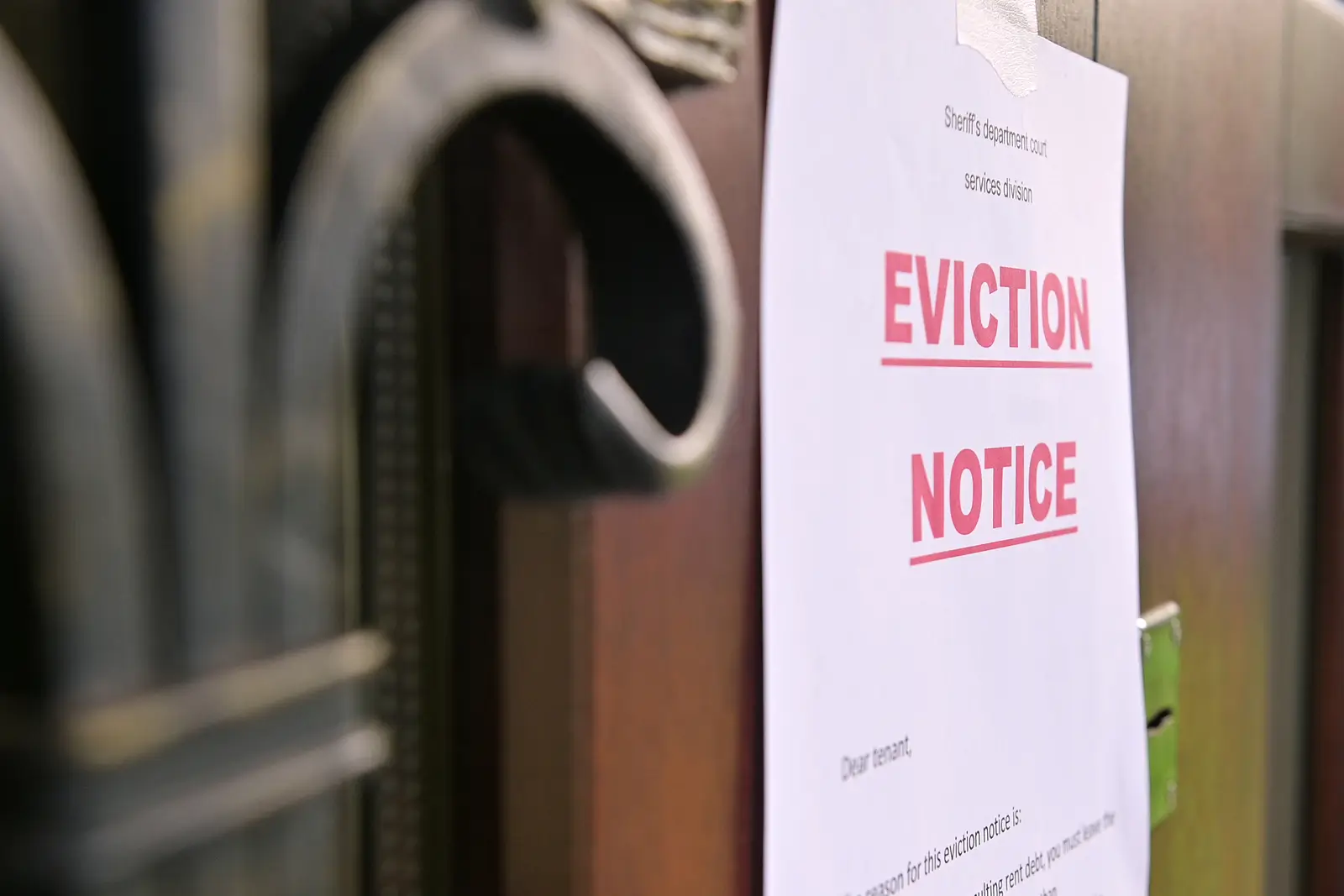Eviction is never easy for tenants or landlords. As a landlord in Richmond, VA, your investment and peace of mind can be jeopardized when tenants fall behind on rent. While eviction might seem the only route, it's not always the best solution. Many landlords consider eviction protection plans to safeguard their rental properties, reduce stress, and support housing stability.
In this guide, we’ll break down what eviction prevention really means, how government programs like the Eviction Protection Grant Program (EPGP) work, and why eviction protection plans for Richmond, VA, landlords safeguard your rental properties today more effectively than reactive legal action.
Why Eviction Protection Plans Matter More Than Ever
You may think that eviction is a last resort, and you're right. But when you get there, the financial and relational damage has often already been done. Evicted tenants, especially children, suffer significant long-term consequences, and as a landlord, you risk legal costs, long vacancies, and property damage. More importantly, mass evictions can destabilize neighborhoods and overwhelm social services.
Proactive eviction protection plans help you prevent illegal evictions, avoid eviction lawsuits, and create more mutually beneficial resolutions that benefit both you and your tenants.
Understanding the Eviction Protection Grant Program (EPGP)
The Eviction Protection Grant Program is a federal initiative to provide legal assistance and support services to low-income tenants facing eviction. While its primary focus is on helping tenants, landlords also benefit. Why? Fewer evictions mean more stable rent payments, fewer court orders, and stronger tenant relationships.
The EPGP funds legal aid, tenant rights education, and evidence-based strategies to reduce evictions. Participating landlords often find that working alongside these programs leads to mutually beneficial resolutions without costly legal battles.
Eviction Prevention: A Win-Win for Landlords and Tenants
At its core, eviction prevention isn’t about taking sides but reducing risk. As a landlord, you aim to protect your property, ensure reliable rent, and avoid turnover costs. By partnering with your tenants, especially low-income renters, you can create payment plans for past due rent, guide them toward financial assistance, and access other resources to keep everyone housed.
Working toward solutions like emergency rental assistance or helping tenants find resources can prevent court filings, lockouts, and legal costs. Most tenants don't want to skip rent—they're often just one emergency away from falling behind.
The Role of Government Support in Housing Stability
Both federal and state programs offer essential support for landlords. The Department of Housing and Urban Development (HUD) and the Emergency Rental Assistance (ERA) program help renters stay current on their bills, providing the funds needed to keep their properties afloat.
Many Virginia landlords don't realize they can access assistance through these initiatives. These programs, from rent coverage to help with utilities, bridge the gap between financial hardship and housing stability. Even tribal governments are receiving aid to implement localized solutions, showcasing the breadth of support available.
Emergency Rental Assistance: Quick Help for Immediate Needs
The ERA program has already disbursed billions to help renters and landlords alike. If your tenant faces eviction, these programs can often provide timely emergency rental assistance, covering rent arrears, utilities, and related housing costs. You can work directly with tenants to help them apply, ensuring a smoother process and a better outcome.
The key is acting early, before things spiral. These resources are a safety net for both parties, helping to avoid escalating into an eviction lawsuit or formal court order.
Tenant Support Services: Working Together for Better Outcomes
Many legal services and nonprofit organizations offer legal representation, counseling, and help for tenants at risk of eviction. Far from undermining your role, these services can help tenants become more responsible and communicative, improving tenant relations.
As a landlord, guiding your tenants toward support services isn’t just kind—it’s smart. Tenant support services often include legal aid, mental health referrals, and payment plan assistance, helping your renters get back on track.
Communication and Tenant Relationships: The Foundation of Prevention
Good relationships make good tenants. Open, respectful communication can go a long way in preventing misunderstandings and resolving issues before they become crises.
If a tenant struggles, reaching out early can uncover options to cover rent, seek financial assistance, or delay eviction filings with a structured plan. Many times, mutually beneficial resolutions are just a conversation away.
The Challenges: When Protection Plans Aren’t Enough
Of course, no plan is foolproof. Tenants sometimes stop communicating, refuse to sign payment agreements, or disregard lease terms. In these situations, pursuing formal legal channels may become necessary.
Still, even then, having attempted resolution first strengthens your case in court and may even encourage a judge to support your side when you show that you tried to avoid eviction.
Explore the Smart Way to Protect Your Property
Richmond, VA, landlords face many challenges, from late payments to legal constraints. But with the right eviction protection plan, you can minimize those risks, protect your investment, and help keep residents in their homes.
Whether you manage one unit or dozens, it’s time to take a more innovative, stable approach. From emergency rental assistance to building stronger tenant relationships, there's a clear path to success.
Looking for guidance or hands-on help managing your rental properties? Explore our property management services or contact us today to learn how we can support you in implementing effective eviction protection strategies and improving long-term returns.
Frequently Asked Questions (FAQs)
1. What are eviction protection plans for landlords in Richmond, VA?
These proactive strategies and services help landlords avoid evictions, resolve rent issues, and maintain stable tenancies through communication, financial aid, and government support.
2. How does the Eviction Protection Grant Program help landlords?
While primarily aiding tenants, the program reduces eviction rates, offers legal guidance, and encourages solutions like payment plans that ultimately protect landlords' investments.
3. Can I apply for emergency rental assistance on behalf of my tenant?
Yes, in many cases, landlords can initiate the process or help tenants apply for financial assistance programs, speeding up resolution and preventing legal escalation.
4. What happens if a tenant refuses to cooperate?
If efforts to reach a solution fail, landlords still retain the right to pursue legal eviction through proper court procedures, supported by a documented history of attempted resolution.
5. Are there resources specific to landlords in Virginia?
Absolutely. Both state and federal resources, including HUD, ERA, and local housing offices, offer guides, funds, and contacts to help landlords manage properties more effectively.
6. Why is tenant communication important in eviction prevention?
Clear communication allows early issue identification, collaborative solutions, and reduced conflict, helping both parties avoid costly legal battles and strained relationships.
Ready to Protect Your Property and Increase Stability?
Take the first step toward more innovative rental property management. From prevention strategies to emergency support, you're not alone. Click here to contact us or explore our services to see how we can help you build a safer, more profitable rental portfolio starting today.






